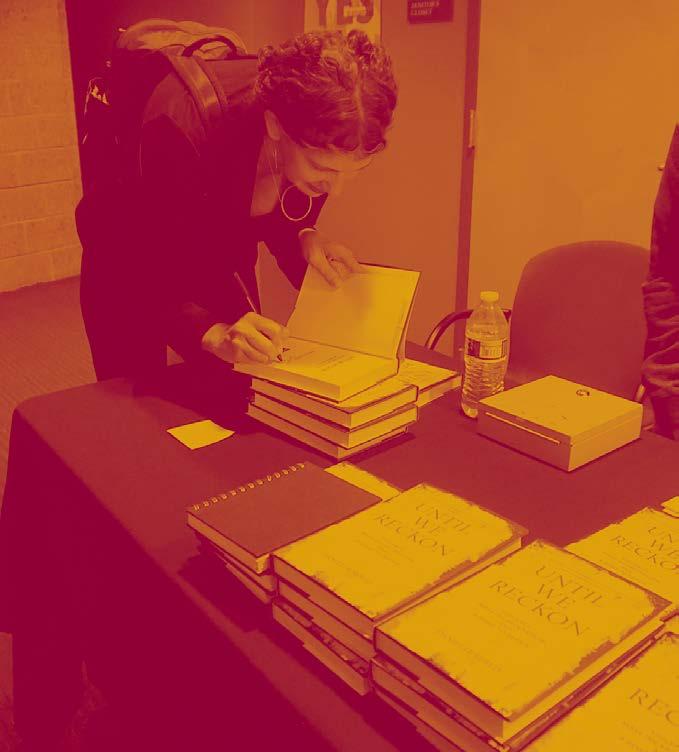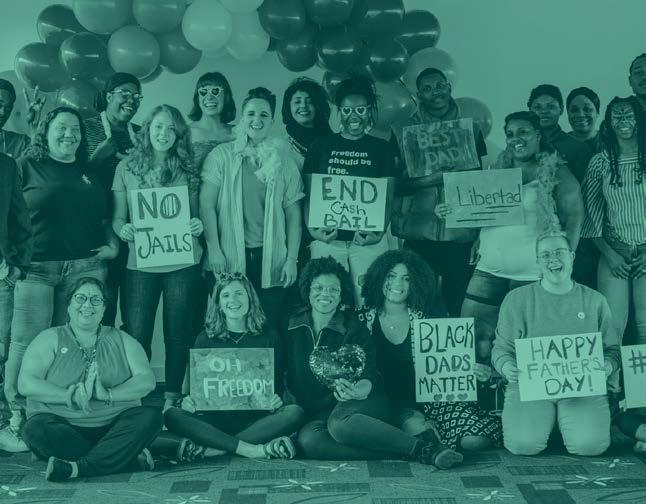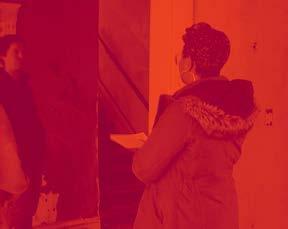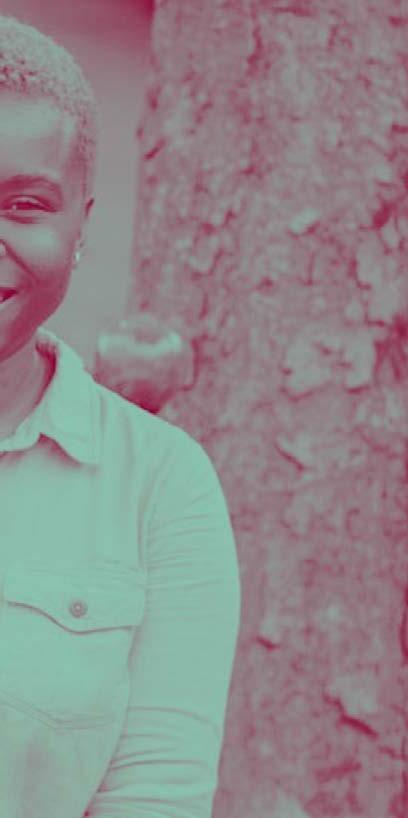



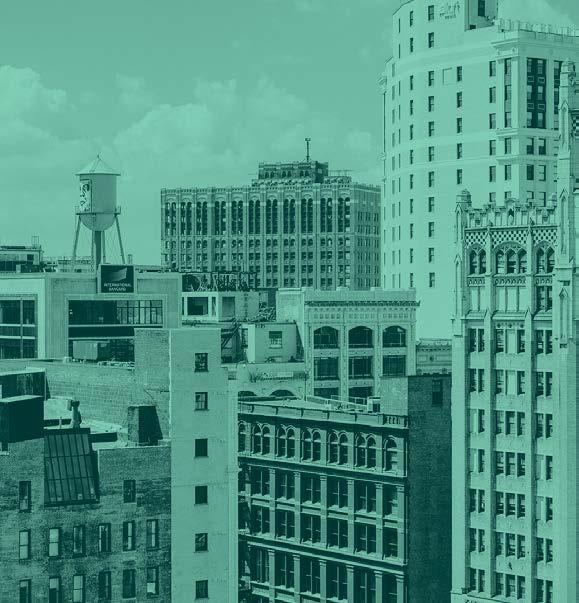

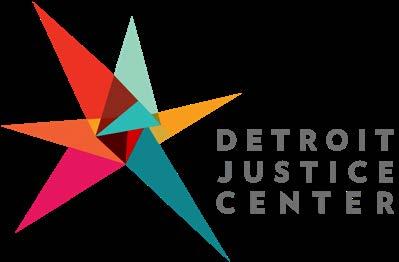

We’re building a just Detroit—join us!









We’re building a just Detroit—join us!

DJC is founded on the belief that we must remedy the impacts of mass incarceration to create truly just cities. We achieve this mission through innovative community lawyering–fighting for racial justice and economic equity with defensive and offensive representation and novel approaches to land use, housing, and employment.
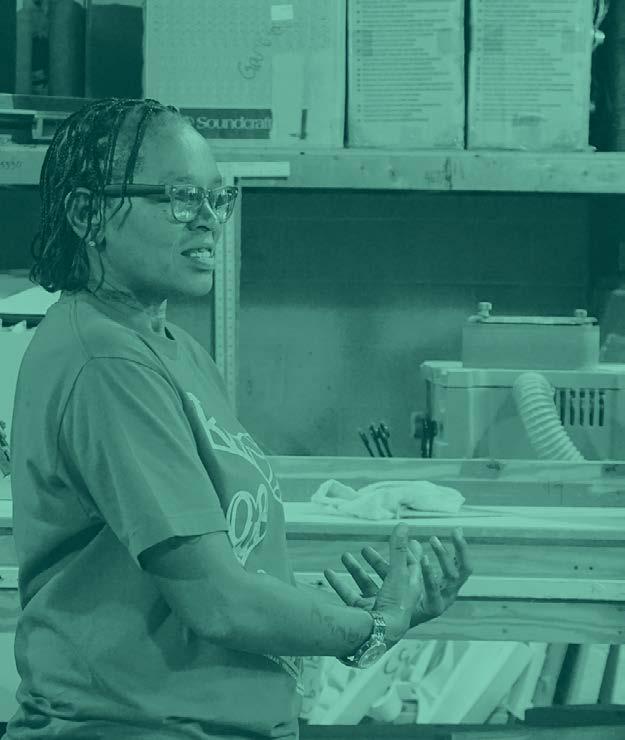
We believe that sustainable social change occurs when directly impacted people take collective action, lead their own struggles, and gain the power to change the conditions of oppression. We are movement lawyers working in service to movements, and we recognize the importance of decentering attorneys as experts or relying on litigation or other legal strategies at the expense of direct organizing. Instead, we focus on the needs of the people, support them in building the community first, then reshape the institutions that impact it.
We also see our work in the lineage of abolitionist thinkers and align with Ruth Wilson Gilmore’s framework of “abolition as presence.” While we fight to end incarceration and policing for the safety and well-being of our communities, we must also determine what we are building in place of those systems and involve our community members in those conversations.
DJC collaborates on local, statewide, and national campaigns focused on the needs, wisdom, and vision of our clients and community partners. Within our communities, we participate in people’s forums, coalition building, community surveys, policy advocacy, cultural organizing, and direct action to effect change. Together, these actions build the power of residents and communities and help to create a more equitable society for all.
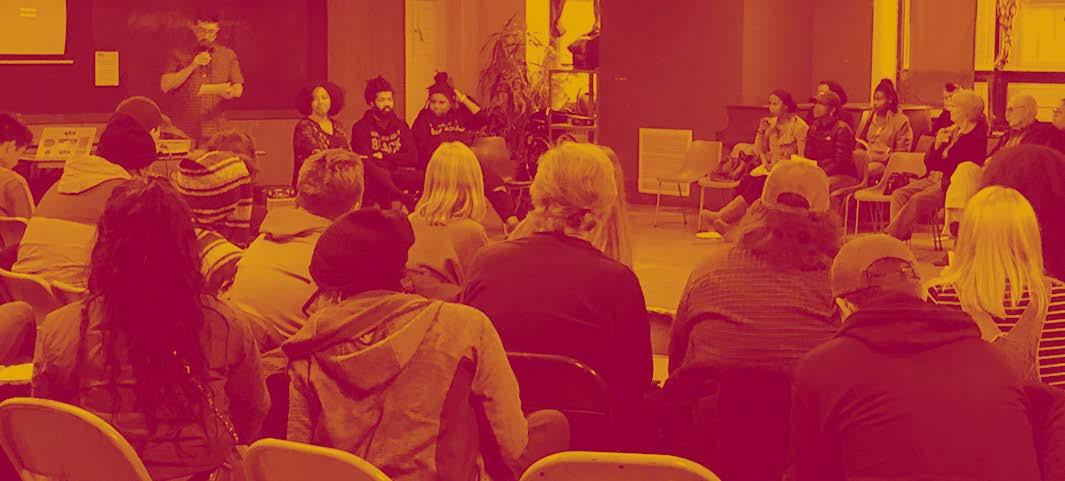
Ultimately, we use a three-pronged approach—what we call “defense, offense, and dreaming”—to serve individual clients, build power, and catalyze systemic solutions.
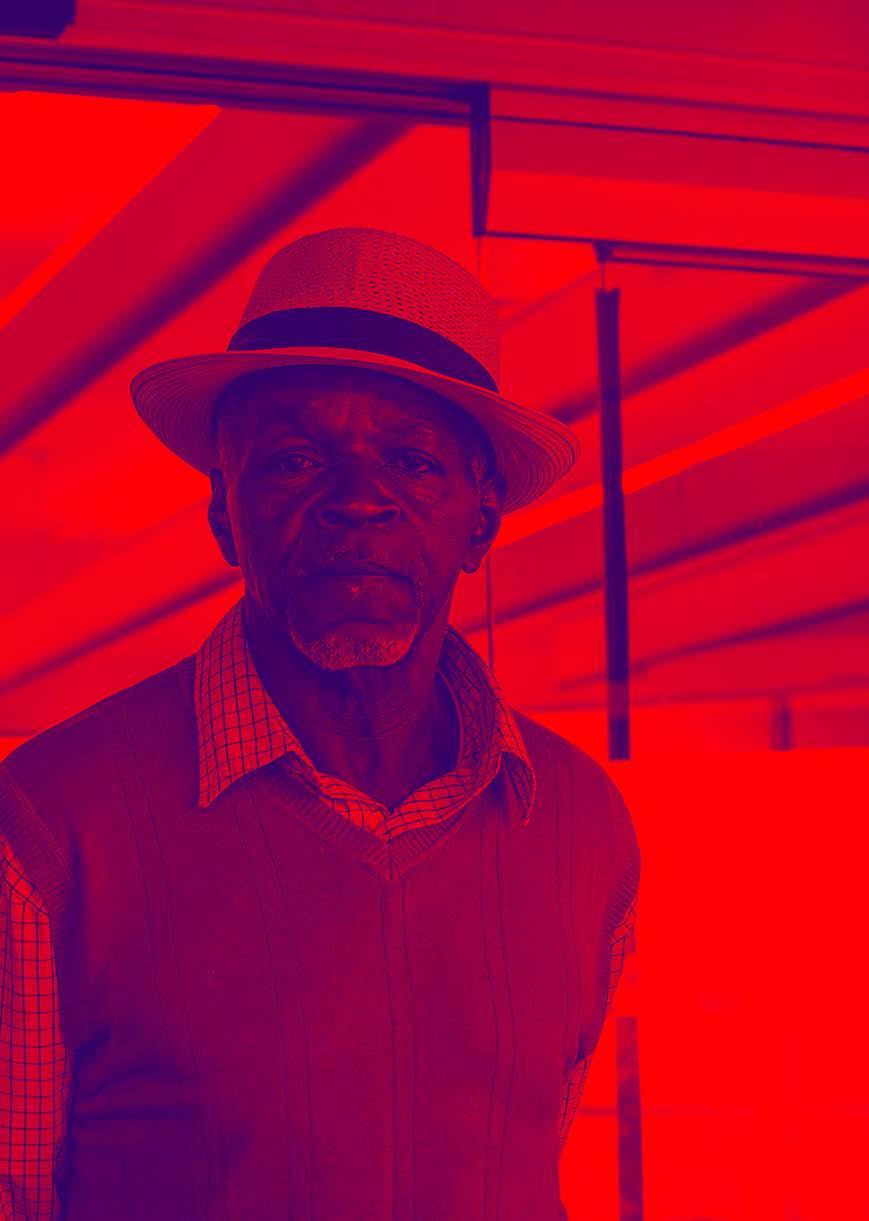


We are committed to individual and collective liberation—and recognize the two as inseparable.
We come to this work with a sense of responsibility, and a deep desire to use our training and talents to serve our community
We work with our clients in a way that cultivates dignity and autonomy. We respect and honor each person’s humanity, we seek to understand their stories and circumstances, and we hold their freedom dreams as sacred.
We are committed to democratizing access to the law. We regard clients as partners in our mission. Rather than serving as gatekeepers, we aim to share tools so that people can understand, navigate, and transform disempowering systems.
We approach our work with a sense of joy, creativity, and purpose. We are nimble problem-solvers who look for innovative ways to respond to our community’s needs and expand our collective understanding of what is possible.
We value our relationships above all. We work at a pace that allows us to build deep trust with our partners and clients. We reach out to others for support and direction, and we communicate with self-awareness, empathy, and humility. Should conflicts arise, we are committed to calling each other in using practices that restore rather than punish.
We are hopeful; we believe that the best possible outcome is attainable and we work toward it.
We help our clients gain economic independence, and work to redistribute power and wealth. We work toward a society in which abundance is shared for the collective good.
We take our cues from movements that are fighting for racial justice and economic equity.
We are committed to cultivating the leadership of marginalized individuals and groups, including Black people, people of color, indigenous people, immigrants, women, LGBTQ people, people with disabilities, people involved in the criminal legal system, and people who have loved ones currently or formerly in the criminal legal system.
We value the collective wisdom of intergenerational experiences and harness the power it brings to our work.
We seek a balance of “defense, offense, and dreaming.” We must do what we can to alleviate present suffering. We are also committed to transformational change and building a template for a more just society. It is not enough to focus on what we are fighting against; we must focus on what we are fighting for. We invite people to dream of a better future and to work toward it with us.

Over the past decade, Detroiters have shown me every day what it means to be a solutionary: to create visionary solutions in the face of devastation. When grocery stores left, Detroiters taught each other how to farm and share seeds. When politicians and developers tried to build a new jail, many Detroiters said, “Stop. Let’s invest in education, restorative justice, housing, and healthcare instead.” When the city shut off people’s water because they were too poor to pay, Detroiters linked arms with our people in Flint and fought together to make sure we’ll all have access to clean, affordable water as a human right in the decades to come.
Taking our cue from these organizers, the Detroit Justice Center team recognizes that it’s not enough to focus on ending mass incarceration. We will tear down jails and prisons, but beyond that—what will we build in place of them to restore our communities? How will we remake the relationship between urban and rural areas so we are linked for our mutual benefit, rather than through the circuitry of incarceration? And how do we get from here to there?
At DJC, we envision a just city where we have shifted our abundance away from jails, prisons, and policing and into true community safety; where affordable, accessible housing is the norm, instead of foreclosures and displacement; where we have a thriving solidarity economy and communities set the agenda for development in their neighborhoods. We envision a just Detroit— rooted in solidarity, compassion, and care—and we’re fighting hard alongside our partners to make it real.
Since opening our doors in 2018, we have centered the needs of Detroiters impacted by incarceration, providing legal services to more than 4,770 people. We have kept loved ones out of jail and prison, in their homes, and with their families, and removed barriers to finding and keeping work. As part of powerful coalitions, we lifted the ban on food stamps for people with drug convictions, eliminated driver’s license suspensions for nonpayment of fines, and expanded access to criminal record expungement.
We have supported our clients’ freedom dreams, helping to bring three community land trusts and nine worker-owned cooperatives to fruition. We have helped residents negotiate stronger community benefits agreements, equipping them to go toe-to-toe with billionaires and set the terms of development in their neighborhoods. In the early days of the COVID-19 pandemic, we fought to get people out of the Wayne County Jail and won a moratorium on evictions. We continue to represent protesters who took to the streets in the summer of 2020—and who dared to demand a world without police. We launched the Metro Detroit Restorative Justice Network to create more options for families and survivors of serious harm to find healing without relying on courts and incarceration. We have built a divest-invest coalition aimed at shifting money out of policing and prisons and into community health. Now we are poised to move into our new headquarters in The LOVE Building, a social justice hub that will inspire greater collaboration and provide wraparound support for Detroiters.
With our first-ever impact report, we are honored to share what our “defense, offense, and dreaming” model looks like in practice and how it is already moving us closer to creating a just city. I could not be prouder of the team we have built at DJC or of the community that has coalesced in the past five years to build power for racial, economic, gender, and disability justice in this city. We are so grateful to have you with us in this transformative work.
Alexander Founding Executive Director, Detroit Justice Center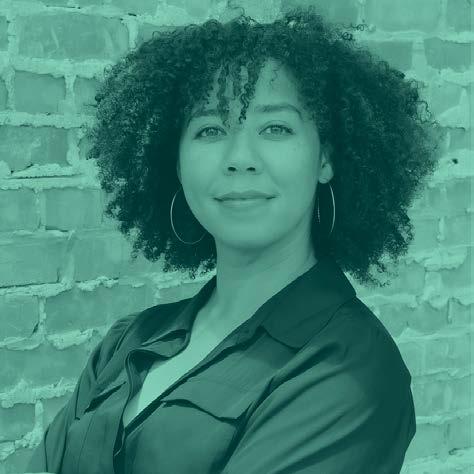 With love and gratitude,
With love and gratitude,
Dear DJC supporters & friends,

As a founding board member at the Detroit Justice Center, I have seen the countless hours our staff has dedicated to the city of Detroit. Since the creation of DJC, it’s been a whirlwind of triumphs, innovation, and fighting hard for our communities. From helping Detroit residents stay in their homes by fighting for eviction moratoriums and filing tax assessment appeals; training the next generation of freedom fighters by empowering Detroit youth; and engaging Detroiters in their vision of what a just and equitable city could look like; the staff at DJC are committed to creating change–long-lasting, impactful change.
I remember when DJC’s founder, Amanda Alexander, approached me about her vision for creating DJC. To be frank, I didn’t think it was possible. But look at us now, approaching our FIFTH anniversary of providing free, critically needed legal services to Detroit residents.
As we continue to bring the freedom dreams of Detroiters to life, we’re gearing up for an internal leadership shift. On May 1, 2023, Amanda Alexander will be stepping down as DJC’s Executive Director. Although this news is bittersweet, her departure creates a space for DJC to cultivate new leadership. As you all know, Amanda has worked relentlessly to create the incredible foundation that DJC stands upon; as she makes this next move in her life to rest and reflect, I am confident and excited for DJC’s future.
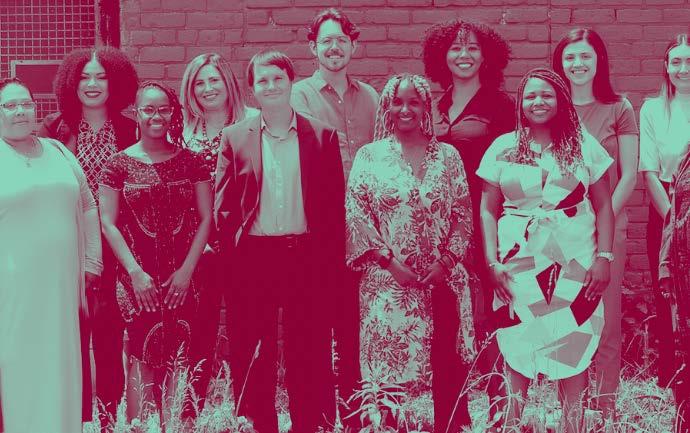
DJC thrives on breaking the mold and will continue to do so in Amanda’s absence. We’re excited to make way for new leadership and to help shift DJC to a more sustainable shared leadership model. To that end, we’re planning to shift to three Co-Executive Directors, two of whom are already in place. As the Board and DJC staff prepare for this internal transition, we’re ecstatic to continue working alongside Detroiters and, most importantly, amplify the demands for change in our communities.
We acknowledge that we can’t do this work alone. DJC functions in large part because of supporters like you, who grant us the privilege to use the law as a tool to advance movements fighting for racial and economic justice. Your ongoing support gives DJC the opportunity to keep shrinking systems of harm and continuing the work of being fierce advocates, changemakers, and solutionaries.
Our work is transformational but not done yet! The goal of ending mass incarceration is daunting but worth it; creating a world where the caging of human beings is a thing of the past is possible, but we need your continued solidarity. Thank you for continuously supporting our mission and partnering with us.
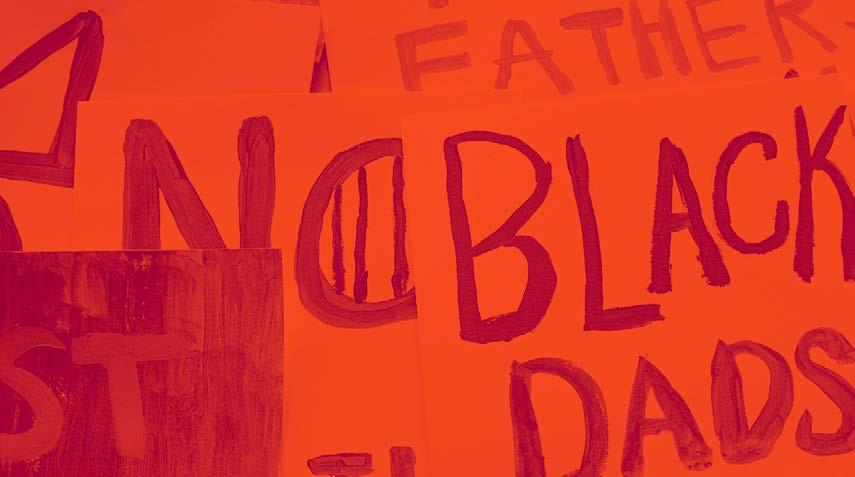
Board Chair, Detroit Justice Center Executive Director, Federal Community Defenders Office for the Eastern District of Michigan
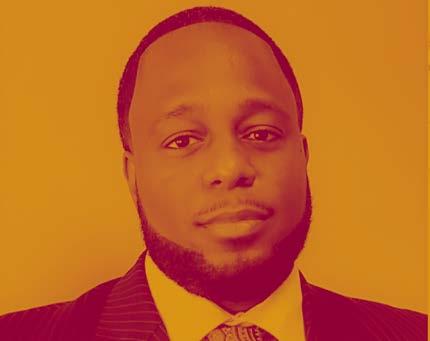
Our Legal Services and Advocacy Practice is rooted in racial and economic justice, striving to protect low-income Detroiters from impediments to their livelihoods and well-being. Our attorneys provide direct representation to clients who come to us through our referral partners. These legal services are intended to keep our clients out of cycles of poverty by removing legal barriers. This includes defending clients in traffic court, removing driver’s license suspensions, handling child support issues, family reunification, and protester defense.
DJC has provided legal services to more than 4,770 people.

DJC attorneys have cleared $500,000 in child support debt, keeping people from facing felony non-payment charges and helping them reunite with their families.
We have closed 584 matters for our clients, removing legal barriers that prevent court-involved individuals and other vulnerable residents from participating in Detroit’s economy.
DJC’s attorneys have successfully cleared hundreds of warrants and had more than 300 cases dismissed for clients. We have also assisted clients in the waiving of court costs, fees, and fines.
DJC has worked to clear the City of Detroit’s Clean Slate criminal record expungement backlog, assisting approximately 45 clients.
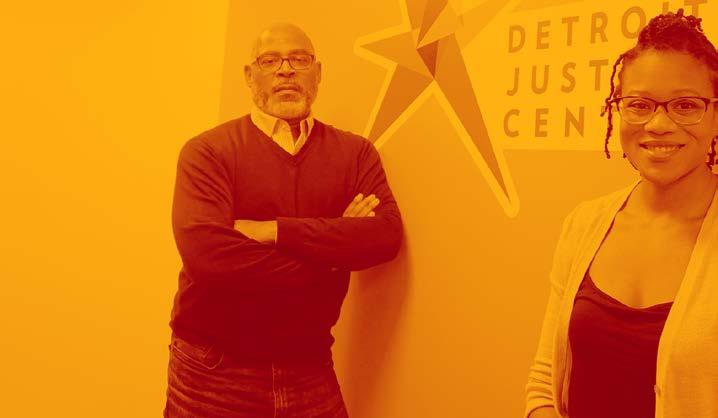
DJC has represented racial justice protesters and is currently representing victims of police brutality from the 2020 uprisings as part of the Detroit Coordinated Defense Coalition.
DJC has helped to interrupt the cycle of poverty and incarceration for Detroiters by participating in 18 Road to Restoration clinics in 2022. These clinics have helped educate more than 4,000 Michiganders about the processes to reinstate their driving privileges, and provided individualized consultations to help people interpret their state driving record. DJC has trained pro bono attorneys, who volunteer for the clinics and hail from all over Michigan, to provide these individualized consultations alongside DJC attorneys.
During one of the Road to Restoration clinics in Detroit, a young woman came in who was not very optimistic about getting help. Her sister had attended the clinic earlier in the day and convinced her to come just to see if she could get help.
I looked into her driving record and we were able to show her that, due to the new law, most of her suspensions were now terminated. I was able to assist her with calling the court to see what was required for her to get the remaining suspension lifted. She was then able to pay her remaining fee online right there at the clinic. And because the Secretary of State was also onsite they were able to assist her with getting her license back on the spot.
Mustafa, Senior Staff Attorney70% of Detroiters have to commute outside the city for work. For them, and everyone in Michigan, a driver’s license is a bridge to economic opportunity. With driving with a suspended license being the third most common reason for arrests that lead to jail, the Road to Restoration clinics directly interrupt the traffic-court-to-jail pipeline by restoring driving privileges. Senior Staff Attorney, Rubina Mustafa has been honored to work with the Secretary of State’s office, Lakeshore Legal Aid, Legal Services Associations throughout the state, and other partners in this endeavor. She also developed training materials for all pro bono attorneys assisting participants at the clinics. Rubina provided onsite training and assisted participants directly at the clinics. Rubina was joined by DJC attorneys Nancy A. Parker, Dan Hoffman, A.J. Hamilton, and Donovan McCarty at the clinics.
Mr. M was unable to apply for an original license and met Rubina at the April 13th Detroit Clinic at Goodwill Industries. Rubina filed motions with the 36th District Court to set aside prior traffic convictions. Once these cases were dismissed, they were removed from his driving record, and Mr. M was eligible to apply for a license.
Ms. H’s license had just been suspended in 2022. She met Rubina at the May 10th Clinic in Ypsilanti, and she was wor ried because she had a new case as well. Rubina filed a motion in 36th District Court to set aside the case causing her license to be suspended, and she represented Ms. H in her new case successfully resolving that case without the new case negatively affecting her driving privileges. Because Ms. H resolved the suspension within less than six months, her driving privileges were restored without having to pay a penalty to the Secretary of State’s office.
Ms. K had a suspended license under unique circumstances. Her license had been suspended historically for old cases from 2005 through 2014 in Detroit. Although Ms. K owed no money to the court, the court had not reported that the cases were closed to the Secretary of State’s office. Ms. K met Rubina at the August 24th Clinic in Detroit, and Rubina contacted the court after the clinic to ask them to report the closed cases to the Secre tary of State’s office. The court did that immediately following Rubina’s request, and Ms. K was able to get her driver’s license within a week after the corrections were entered.
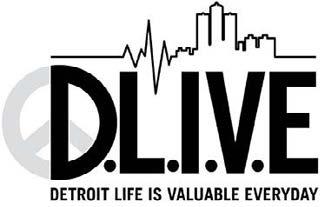
Among our referral partners, our health-justice partnership with Detroit Life is Valuable Everyday (DLIVE) is one of a kind.
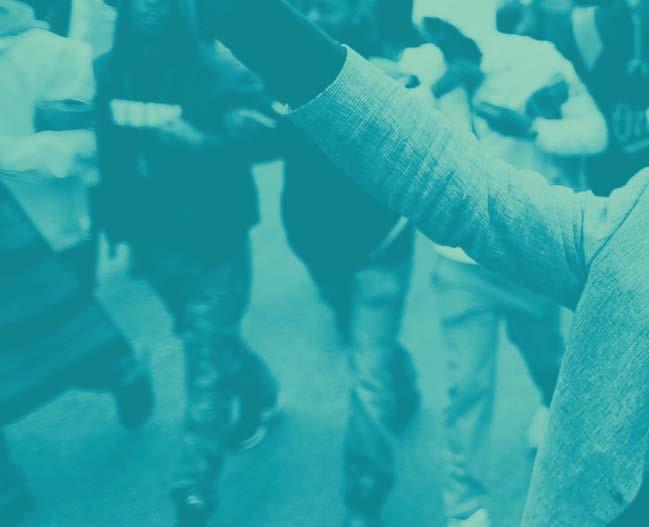
DJC has established a health-justice partnership with Detroit Life is Valuable Everyday (DLIVE) at DMC Sinai Grace Hospital. Since 2018 DLIVE and DJC have teamed up to provide support to young people who have suffered acute violent trauma such as gunshot wounds. DJC assists DLIVE members with suspended licenses, outstanding warrants, tickets and fines, criminal records, and other legal needs. Together, we have provided holistic support to clients, facilitating pathways to success and prosperity. We help our shared members/clients—mostly Black men in their 20s and 30s—avoid reinjury, resolve court obligations, find employment, and reconnect with their children. DJC has supported more than 40 people through this program.

“
DLIVE has the highest number of participants employed now in 2022, and that is a result of our partnership with DJC and the legal assistance/advocacy they provide. Participants have obtained valid driver’s licenses, opening the door for higher paying jobs to support their families.
DLIVE participants have also been able to access trade certification programs due to them now having valid driver’s licenses. LaToiya Richardson, DLIVE
Antwan had suffered violent injuries and was looking to work at a factory job while working on his music career. He was finding it difficult because he had so many traffic tickets impeding him from getting his license. With the assistance of DJC’s Managing Policy Counsel, Erin Keith, he was able to clear his warrants and get his license for the first time.
www.michiganradio.org/news/2019-08-20/in-detroit-a-newapproach-to-stemming-cycles-of-violence-meeting-victims-needs
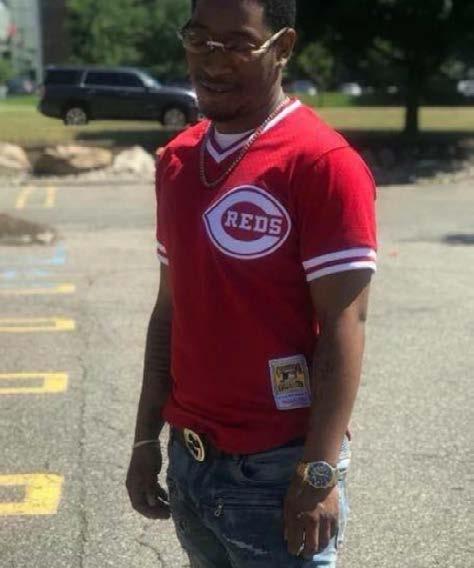

In 2019, Michigan Radio ran this story of one of our shared clients, Antwan, and how he had been helped by our partnership with DLIVE.
Our vision for just cities centers on community safety and ending the incarceration and policing that trap our communities in cycles of poverty. Detroiters are disproportionately impacted by incarceration, and we believe Detroiters should shape policy around our communities’ safety. Through our Just Cities Lab, we launched a Divest/Invest Coalition to divest funds from policing and incarceration and put them towards community-defined projects around safety. Inspired by organizers in Colorado, we aim to divest funds from the Michigan Department of Corrections and see them reallocated to Detroit communities.
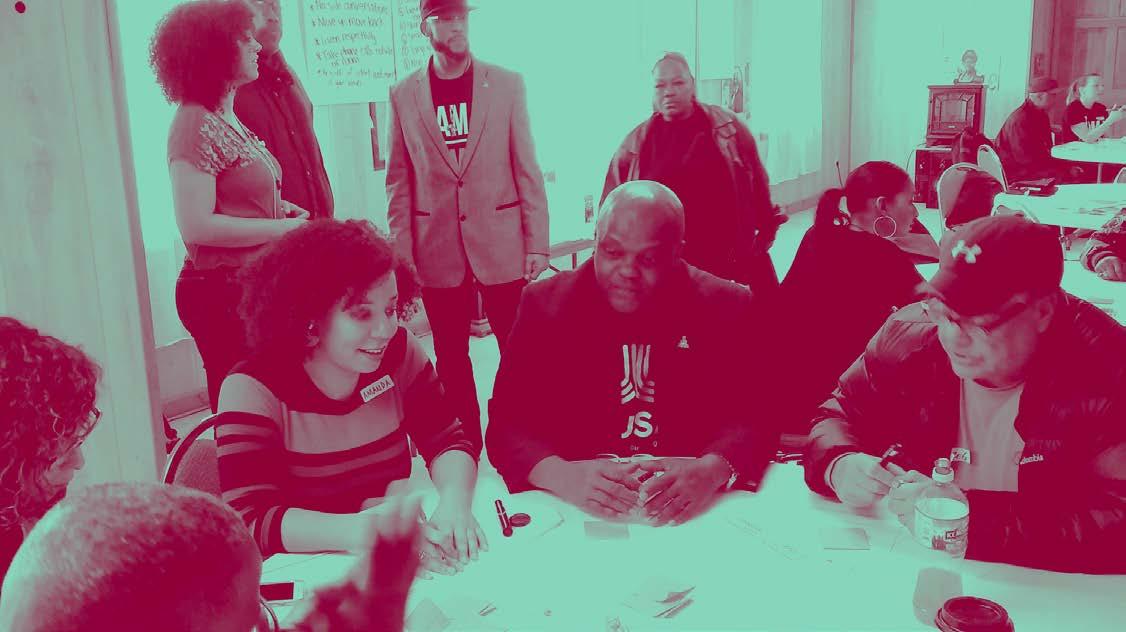
DJC has filed and supported four lawsuits aimed at decarceration in partnership with other civil rights and racial justice groups. These include:

- Russell, et al v. Wayne County, et al, a federal lawsuit calling for the release of people inside Wayne County Jail, arguing that county officials were risking the lives of everyone inside and the community at large because of their failure to respond to the threat of COVID-19.
- Buni, et al v. Wayne County, a lawsuit to stop the funding and development of the new Wayne County Jail in 2018.
At the start of the COVID-19 pandemic in 2020, DJC fought to have people released from unsafe conditions in local jails and prisons.

In 2019-2020, Amanda Alexander served on the Michigan Joint Task Force on Jail and Pretrial Incarceration, appointed by Governor Gretchen Whitmer to develop ambitious and innovative strategies to reduce Michigan’s jail population. DJC helped mobilize people across the state to testify at task force meetings. The task force recommended extensive state policy changes related to traffic violations, arrests, mental health diversion, pretrial release and detention, speedy trials, sentencing, probation and parole, financial barriers for system-involved individuals, victim services, and data collection. As a result, the Michigan legislature passed a package of 20 reform bills in 2020.
Our 2020 Highway Robbery report viewed 4,000 times on our website, was instrumental in our partner Accountability for Dearborn’s success in disbanding the Dearborn Police Department’s “Border Crimes Unit,” a police team dedicated to patrolling city borders with majority-Black neighborhoods in Detroit; ending traffic stops for things like plate violations; and creating a mental health co-responder model where social workers will be the primary responders instead of police.
The Divest/Invest Coalition has convened 10 organizations that are working on identifying community safety alternatives and exploring pathways to divest from our carceral system and invest in our communities.
In 2022, DJC and our partners in the Stop ShotSpotter Coalition stopped $7 million in ARPA funds from going towards the expanded use of the surveillance technology, and brought more people into the conversation about budgets and safety in Detroit.
Detroiters have been fighting displacement for many years due to illegal tax foreclosures and evictions. As the narrative of the city’s revitalization has been touted in the media, thousands of Detroit residents have faced housing insecurity. Our Community Legal Advocates (CLAs) work to end illegal tax foreclosures by helping residents to lower their property tax assessments. The CLAs are non-attorneys who have been trained in how to navigate certain legal processes, such as the city’s property tax appeals process, and can teach others how to move through them, democratizing access to complex systems.
DJC’s Community Legal Advocates reduced homeowner property tax overassessments by writing 137 property tax appeals, all of which have been successful, which led to savings of $891,300, helping dozens of low-income families stay in their homes.
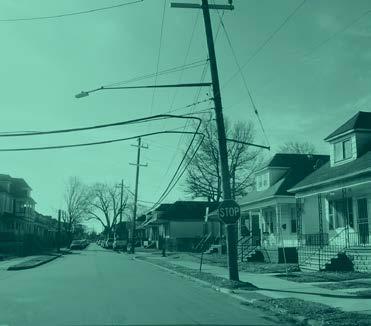
DJC helped enact and extend local and state eviction moratoriums during the pandemic and pressured the 36th District Court to adopt more tenant-friendly policies. These efforts helped thousands of people stay in their homes.

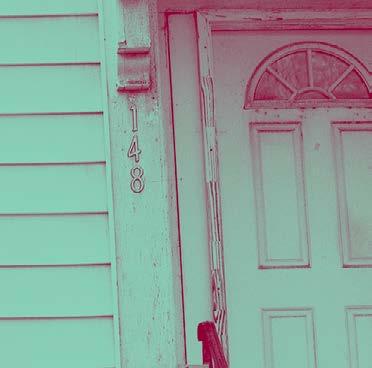
DJC filed a lawsuit, Burney, et al v. City of Detroit, et al against multiple Detroit police officers, the City of Detroit, and a local landlord to stop the involve ment of Detroit police in illegal evictions.
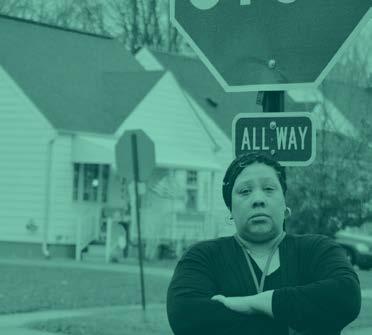


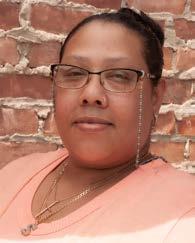
The Community Legal Advocates team launched in 2018 to assist Detroit homeowners with appealing their property tax assessments in the highly overtaxed city. Since then, the CLAs have supported other DJC teams with distributing mutual aid funds, hosting community events, media appearances, and meeting with elected officials and decision makers for the good of the community.
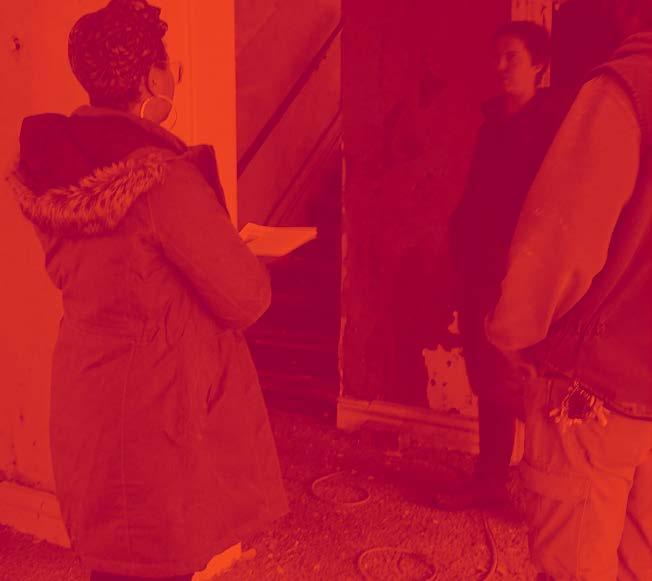
The CLAs are dedicated to democratizing the law, making the law and legal issues accessible and understandable to everyone, especially those most vulnerable to punishment from the system. They work through the difficulties of legalese and translate complex terms for everyday use.
They work to amplify the stories of justice-impacted community members while advocating for fair compensation for the use of these important stories.
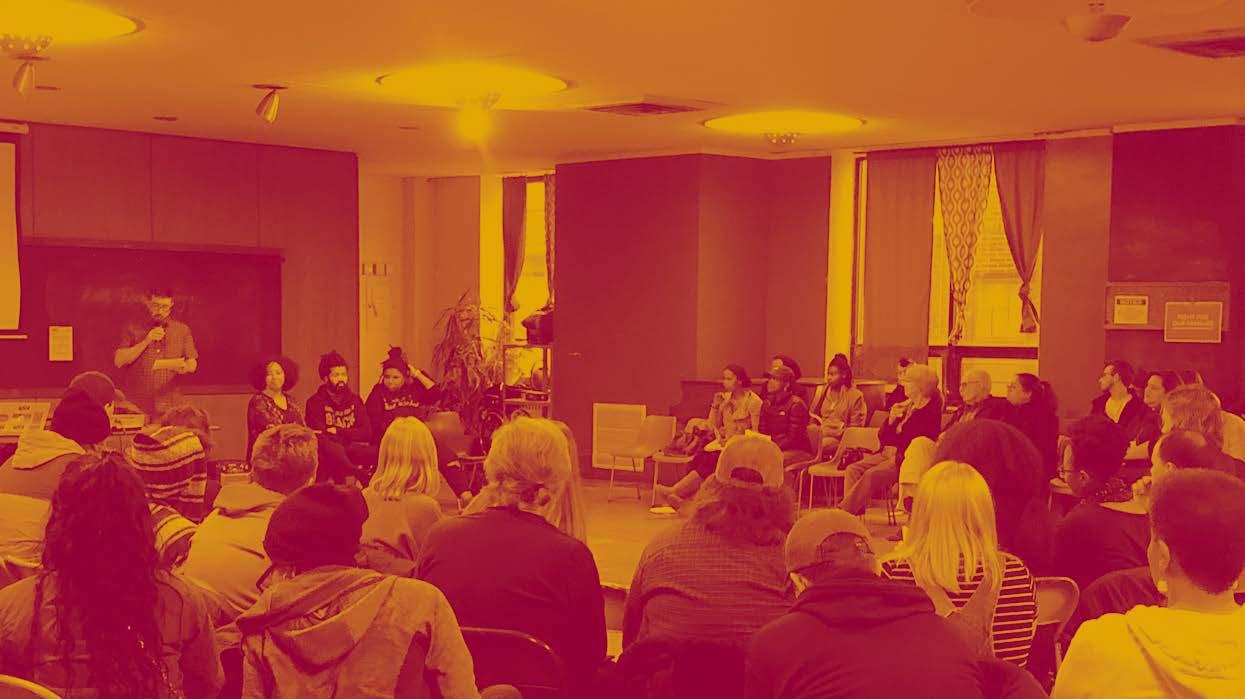 Chris Delgado
Chris Delgado
Our Economic Equity Practice creates affordable housing through community land trusts (CLTs). A CLT is a communityowned nonprofit that acquires, holds, and sometimes manages land, leasing it to others for residential, commercial, or agricultural uses. A CLT is a way to do community-led development of individually-owned buildings on community-owned land. CLTs can create economically diverse communities, preserve affordable housing, prevent displacement, speculation, and unwanted land uses, discourage predatory lending and reduce foreclosures, create a source of income to support local needs, and promote local entrepreneurship. DJC has had a hand in creating three of the first CLTs in Detroit.
DJC has helped acquire 30 residential lots for community land trusts and assisted in forming three land trusts to date.

“
“
The community land trust model is the antithesis of gentrification. Rather than development happening to a community, the community shapes and drives development. Eric Williams, DJC Managing Attorney
The Dream Community Land Trust is part of a larger initiative by local nonprofit Dream of Detroit to mobilize residents and allies to rebuild and reinvigorate the neighborhood’s housing stock and create an economic corridor along Woodrow Wilson Street in the upper-east Dexter-Linwood neighborhood. DREAM is committed to a people and partner-centric strategy that ensures current neighbors are leaders and beneficiaries of the area’s transformation.
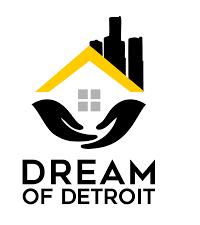
To date, DREAM has rehabbed nearly 15 homes in the neighborhood, bringing life and vitality back to long vacant 100-year-old homes. EEP has supported DREAMs work with the creation of the legal and organizational framework to implement this vision in a manner that creates permanent housing affordability, opportunity for local entrepreneurs, and meaningful community amenities, including a pocket park and flower field.
DCCLT is a project of Oakland Avenue Urban Farm and North End Christian Community Development Corporation. The project’s footprint includes more than 40 properties between Oakland Avenue and Cameron Street from Westminster Street to Owen Street, a historic community suddenly facing the inevitable gentrifying pressure that comes with being “rediscovered.” Led by long-time North End residents, DCCLT embodies the ethos of sustainable urban farming and community entrepreneurship. EEP provided the legal assistance to create DCCLT and continues working with the group as it finalizes a planned development with the city. This project will lay the groundwork for community-driven residential and commercial development.

Our Economic Equity Practice helps develop, launch, and support cooperatively-owned businesses. Cooperatives help build and keep wealth in a community by being democratically governed by members who both own and control the business. We focus on providing legal support, and we collaborate with community partners that specialize in other areas of technical assistance, such as business planning, accounting, and non-extractive financing. We often work with community partners to support “co-op academies” rooted in specific neighborhoods or industry areas for Detroiters interested in learning more about cooperatives and cooperative economics. We have also assisted in the development of resources such as succession planning toolkits for small business owners exploring the idea of selling their business to its workers and self-guided educational materials about cooperatives. We work closely with our partners to assess the needs of Detroit’s cooperative ecosystem and its role in Detroit’s growing solidarity economy.
Since 2020, DJC has supported the formation and growth of 9 cooperatives.

Cooperatives supported by DJC have created work for approximately 28 people in the Detroit area, creating wealth and building power in the community.
Along with its community partners, DJC has helped provide cooperative and legal training and education for 4 cooperative academies, educating approximately 65 community members on how to set up their own worker-owned cooperatives. The members of Dulce Detroit Childcare, a child care cooperative, Black Bottom Garden Center, a garden tool and supply cooperative, Stuffed Detroit, a restaurant and catering cooperative, and Everything Beautiful, a beauty supply cooperative, all participated in and launched their co-ops as a result of one of these academies.

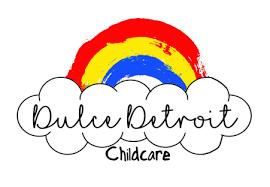
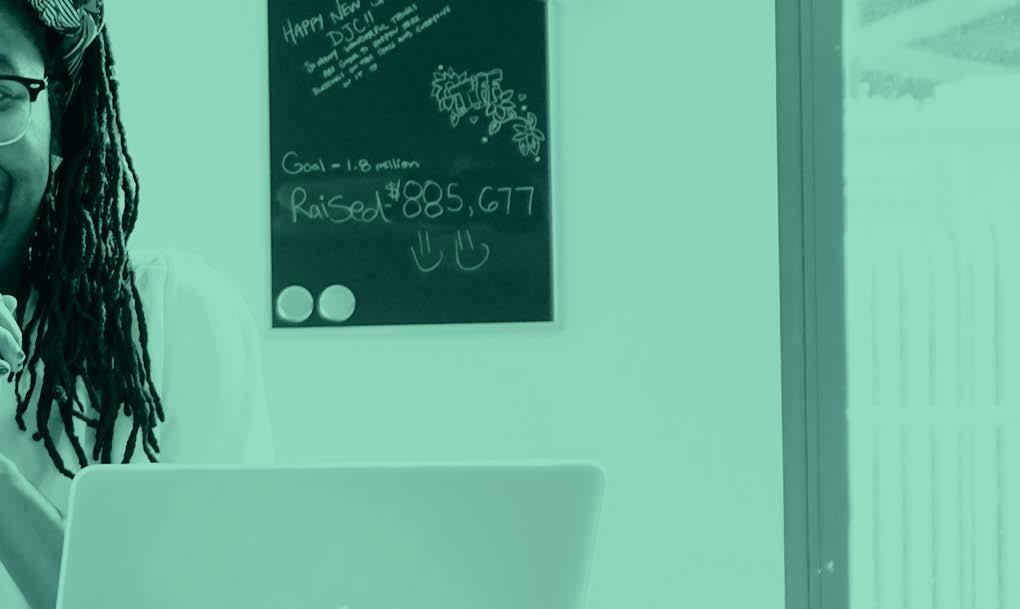
44% of Michiganders live in a childcare desert. The founders of Dulce Detroit Childcare met at a co-op academy organized around childcare, and they have since coalesced into a thriving co-op that is meeting the needs of its community. Once a week, they met at Grace in Action to learn more about cooperative structures. Through this process, the members got to know each other better and began dreaming of a co-op that they wanted to build together. We’ve helped them create their business structure and governance documents, and helped them navigate relevant labor and employment laws. Their co-op requires industry-specific legal research, which we assist them with along with troubleshooting legal paperwork filings. Their co-op launch party in spring of 2022 was a huge success, and they are now a flourishing business.
“To DDC, working as a cooperative means shared leadership and equity. Each of the members holds a valuable piece in the cooperative and brings their own expertise and knowledge. This allows the co-op to thrive by always striving for the benefit of the cooperative.
Jocelyn Almanza, Dulce Detroit ChildcareOne principle of creating just cities is ensuring that communities have control over economic development in their neighborhoods. We’ve created extensive resources for anyone looking to create Neighborhood Advisory Councils and Community Benefits Agreements. These resources are available free of charge on our website and include templates for record keeping, meetings, and more. A Community Benefits Agreement (CBA) is a contract between developers and community-based organizations representing residents’ interests and can include things like directives for a certain percentage of hires being residents of the area. The CBA details the benefits a community will access in exchange for supporting the developer’s project in their neighborhood.

DJC has assisted with four Community Benefit Agreements.
The passage of Detroit’s Community Benefit Ordinance (CBO) ostensibly created the opportunity for Detroiters to have a voice in public funded developments in their communities through the creation of neighborhood advisory committees (NACs) and mandatory community benefit agreements (CBAs). Unfortunately, the ordinance’s short time frames provide little opportunity for community members to get up to speed on the technical and practical aspects of real estate development and have meaningful input. To address this issue and empower residents to exercise their rights, EEP worked with community partners, such as Detroit People’s Platform and the residents of Beniteau Street, to develop a CBA educational toolkit, provide NAC trainings, assist with Freedom of Information Act requests, and help people understand proposed changes to the CBO. EEP supported community partners on CBO projects including Fiat Chrysler Automobiles Jefferson North Assembly Plant expansion and Wigle Midtown West.
DJC has also participated in a voluntary CBA process around our new headquarters in The LOVE Building. This has been a unique chance to show what community-driven development really entails and we are grateful to the members of the Core City Neighborhood Advisory Council and the Disability Justice and Access Advisory Council. Under the CBA, DJC and The LOVE Building will provide access to computer and printing terminals, meeting space, neighborhood wifi, legal services for residents, and more.
For our cities to be truly just, returning citizens must have everything they need to feel supported and sustained as they re-enter their communities. We work with our partners and clients to assure that returning citizens are considered in all of our work, as they are the most directly impacted by incarceration and policing.
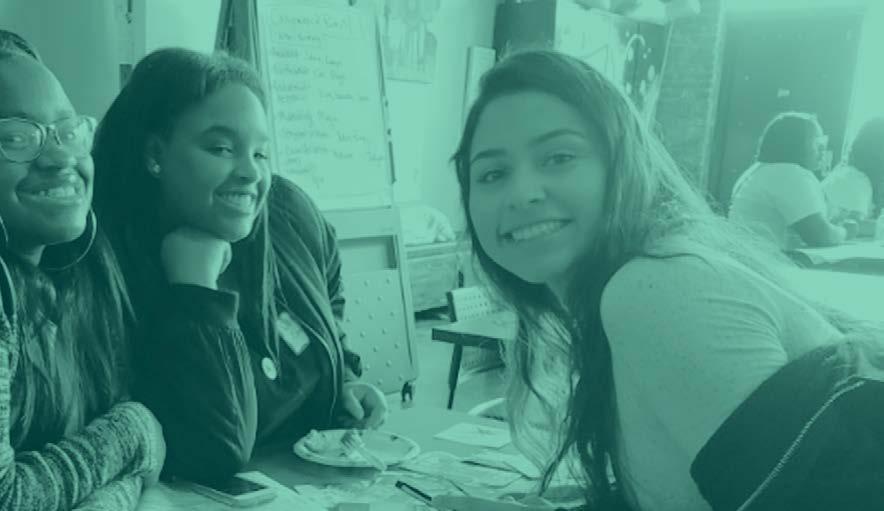
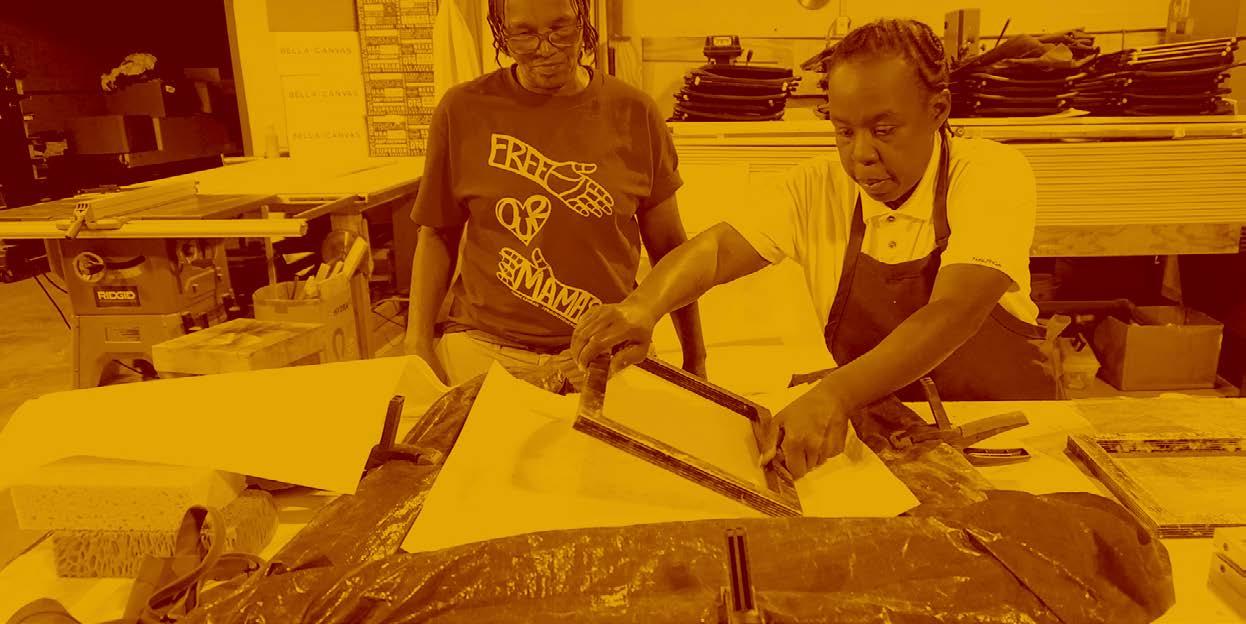
Our attorneys work with returning citizens to reinstate their state IDs, preparing them to open bank accounts, obtain other necessary IDs, and access employment and benefits.
Through a partnership with Center for Employment Opportunities, our Community Legal Advocates implemented COVID-19 grant programs for returning citizens, distributing $194,750 to 201 community members in the early days of the pandemic.
Our Community Legal Advocates distributed $10,000 in gift cards and resources to 40 women coming back from prison in 2021.
As part of our practice of deep listening, we’ve asked thousands of Detroiters about their visions of safety outside of policing and incarceration. This began with a 2018 campaign against the Wayne County Criminal Justice Complex, asking people at community events what they would build instead of a new jail. While the city is spending over $533 million on the new jail complex, we’ve taken cues from community members to determine how else the money could be spent on housing, education, job training, child care tax credits, and more. We’ve continued this practice by breaking down what we could fund instead of spending one-third of our city’s general fund on policing. Many Detroiters want to see things like recreation centers, better schools, adequate mental health care, and drug rehabilitation facilities when asked about what truly creates safety for them.

As a part of our effort to expand Clean Slate expungement opportunities, DJC, along with the People’s Paper Co-Op, held a “ What Would I Do Without a Criminal Record” healing and advocacy workshop. The two-day workshop brought together formerly incarcerated individuals and advocates, where people could shred their criminal records and create new paper from them. Participants then wrote their dreams for what they could do without a record on the new paper. They also created freedom posters to highlight the need for expanded Clean Slate legislation.
DJC has engaged thousands of Detroiters around the questions of what a healthy and thriving community means to them. We’ve asked “What would you build instead of a jail?;” “What does a just city look like to you?;” “How would you spend $533 million?” In 2018, DJC partnered with Complex Movements to produce a video compiling some of these responses.
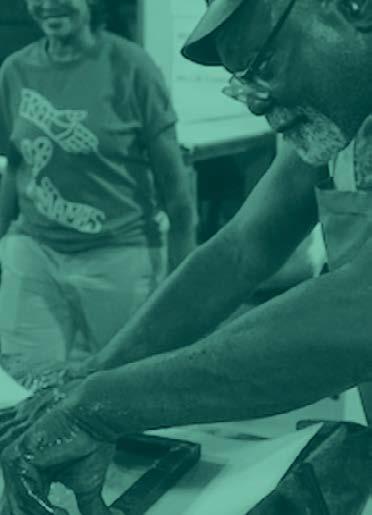

DJC co-hosted a Restorative Justice Youth Design Summit where 40 young people came together and imagined how they would spend the $533 million that Wayne County and Rock Ventures chose to spend on a new jail complex.

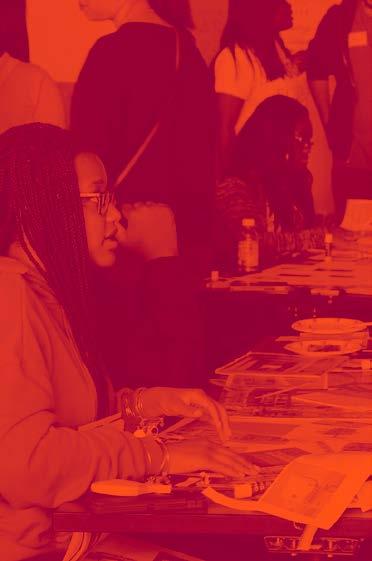
Participants emphasized the need for health and wellness services, educational resources, public spaces for youth, and more support for those who are homeless or unstably housed. The summit highlighted young people’s visions for what it would take to create truly safe communities.
DJC created nine different infographics regarding policing in Metro Detroit, pulling apart spending discrepancies and racial inequalities.
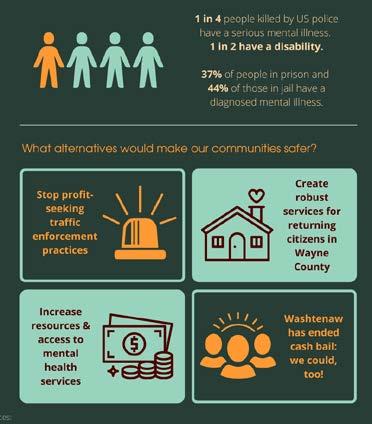
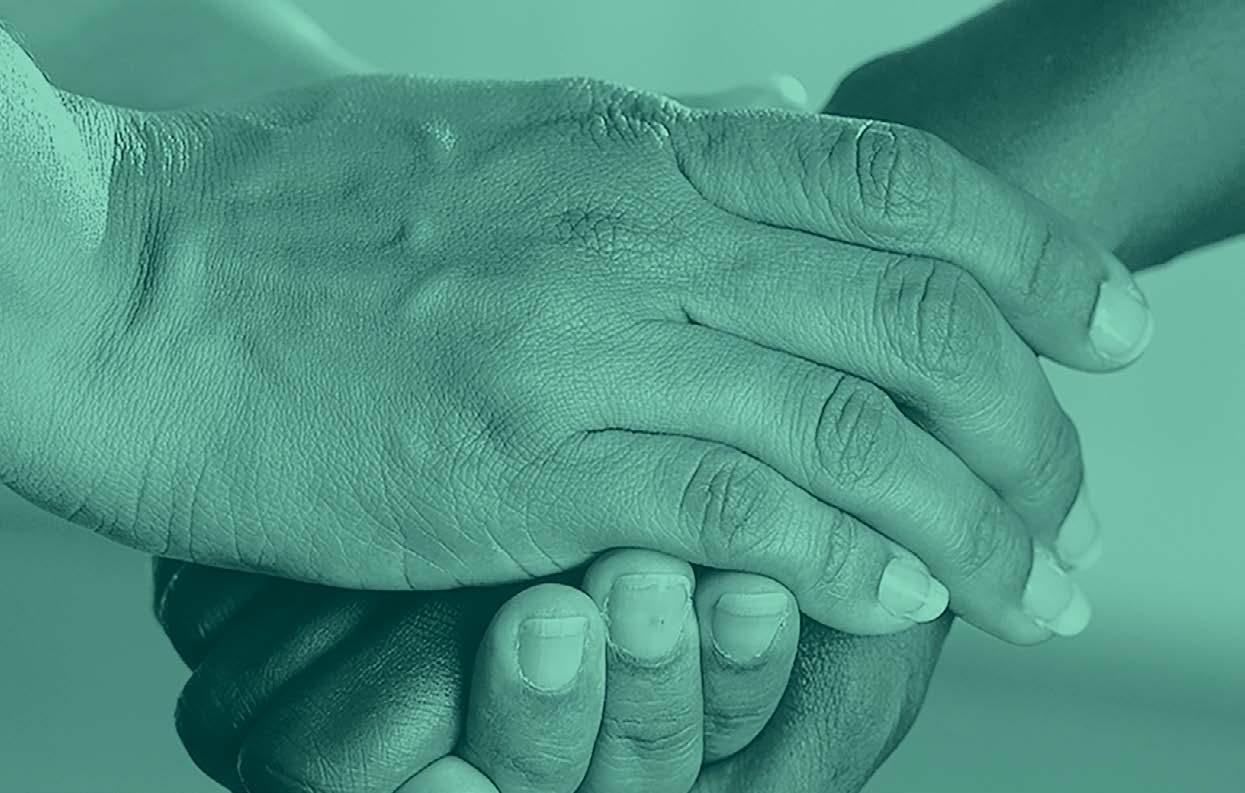
The first of its kind, the Metro Detroit Restorative Justice Network is an undertaking of DJC’s that has brought together transformative and restorative justice practitioners from around Southeast Michigan. The network has launched a directory of local organizations and practitioners to increase awareness of restorative justice resources. We’ve also conducted a survey of local respondents to address their needs around restorative justice.
The Metro Detroit Restorative Justice Network (MDRJN) enters the question of what is a ‘just Detroit’ through the culture and philosophy of restorative practices. The city’s history of strategic economic and political divestment has left Detroiters with limited opportunities to autonomously practice cultures of community building and safety. The MDRJN is trying to respond to this by engaging in dialogue with folks to wrestle with conceptions of safety and its relationship to community well-being. Beyond raising awareness of restorative justice as a viable alternative to policing and prisons, our broader goal is to use restorative justice as a means of expanding our creative capacity to construct and practice a vision for our communities that support the needs and dreams of everyone.
 Angel McKissic, Senior Program Manager, DJC Just Cities Lab and Founder, Metro Detroit Restorative Justice Network
Angel McKissic, Senior Program Manager, DJC Just Cities Lab and Founder, Metro Detroit Restorative Justice Network
The Metro Detroit Restorative Justice Network, a project of DJC’s Just Cities Lab, has convened a network of 35 practitioners, advocates, and community members who are working to increase support for, and access to, restorative justice as one avenue for alternatives to punitive justice.
The Just Cities Lab has worked with attorneys in multiple cases in an effort to divert them away from legal proceedings and advocate for restorative justice processes. Our JCL has also worked with a community-based organization to address an incident involving a community member destroying property and threatening individuals, identifying a path forward using restorative justice.
The MDRJN is partnering with The Stoudamire Hub at the Eastside Community Network to offer a free six-week restorative justice facilitator training in 2023. The goal is to train community members to be restorative justice practitioners who can use their skills to work within their families and communities to build community and deal with conflict and harm.
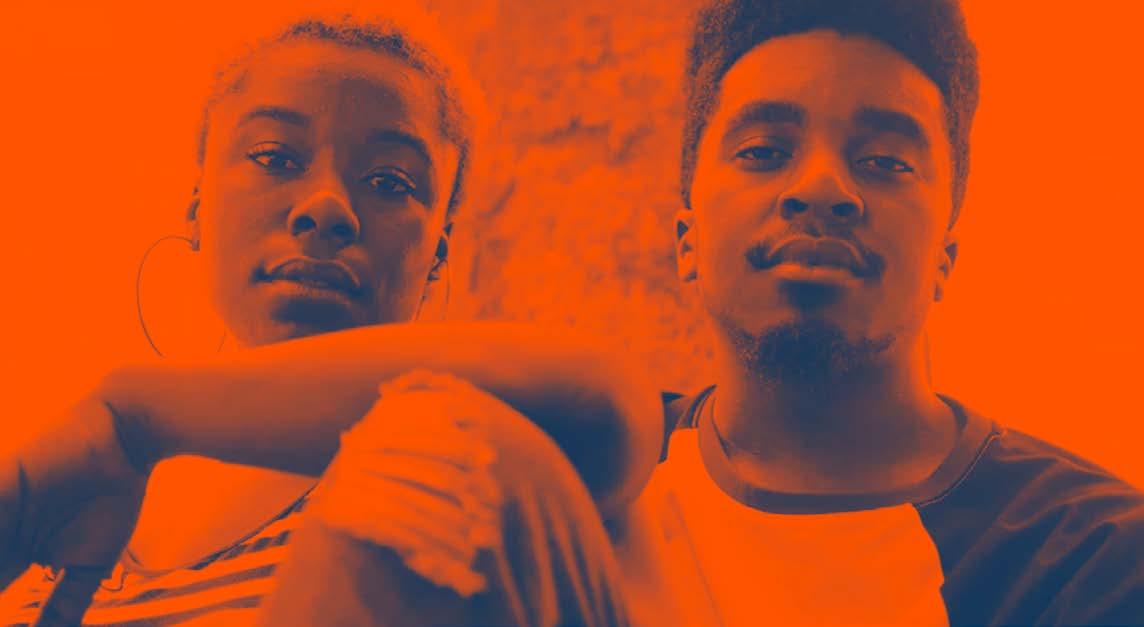
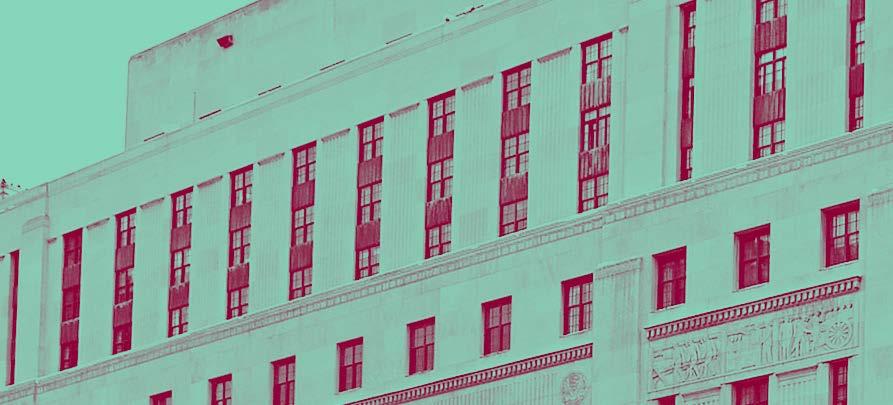
DJC has had a hand in some big policy and court wins across the state of Michigan. While our direct representation focuses on individual client wins, our advocacy work surveys patterns of harm that impact many of our clients. We work with our partner organizations as well as lawmakers to shrink systems of criminalization and incarceration.
April 2019-September 2020
Amanda Alexaner served on the Michigan Joint Task Force on Jail and Pretrial Incarceration, appointed by Governor Gretchen Whitmer to develop ambitious and innovative strategies to reduce Michigan’s jail population. The task force recommended extensive state policy changes related to traffic violations, arrests, behavioral health diversion, pretrial release and detention, speedy trials, sentencing, probation and parole, financial barriers for system-involved individuals, victim services, and data collection. As a result, the Michigan legislature passed a package of 20 reform bills in 2020.
January 2020
DJC successfully advocated for an end to the writing utensil ban at the 36th District Court, lifting an unnecessary and undue burden on those visiting the courthouse. The previous policy restricted litigants from bringing pencils and pens into the court, even to write down important dates and information about their cases.

September 2020
As part of the Hungry for Justice Coalition, DJC successfully advocated for the repeal of the food stamp ban for people with felony drug convictions in Michigan. This reinstated thousands of residents’ access to SNAP benefits during the pandemic, a time of critical food insecurity.
October 2020
As a result of DJC’s advocacy, along with our partners, Governor Whitmer signed Clean Slate bills into law, expanding the criminal record expungement process in Michigan. DJC was very active in advocating around the need for expanded eligibility for our clients and community members, working as part of the Clean Slate Coalition with Safe & Just Michigan, Nation Outside, JLUSA, and Michigan Liberation.
October 2021
DJC successfully advocated for sweeping changes to Michigan traffic laws by reclassifying the types of offenses that could suspend someone’s driver license, affecting more than 360,000 Michiganders. Many people immediately became eligible to legally drive again, helping ensure that people can drive to work or pick up their kids, and interrupting the cycle of debt, warrants, and possible incarceration that can follow from a traffic stop.
May 2022
DJC joined with partner organizations to successfully advocate for the passage of Right to Counsel, which provides free legal counsel to low-income Detroit tenants facing eviction or other housing issues.
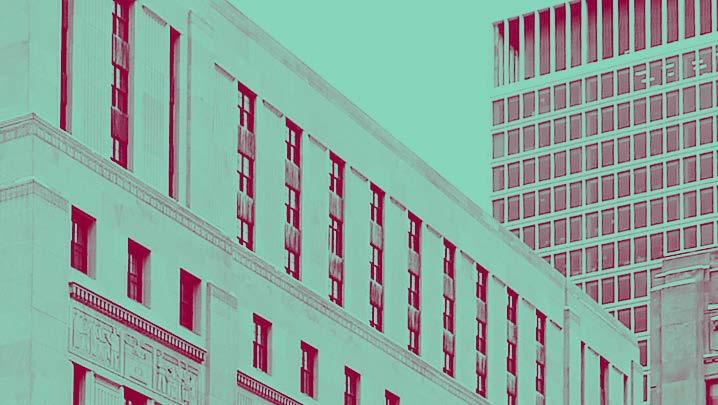
July 2022
In a systemic victory towards abolishing cash bail, the 36th District Court in Detroit announced that they will no longer detain people for being unable to pay bail, unless a judge determines that their release poses a flight risk or public danger. This settlement was the result of a class-action lawsuit filed by the ACLU of Michigan, with DJC serving in an advisory capacity, on behalf of seven Black plaintiffs for discrimination against low-income people because they weren’t able to post bail.
July 2022
DJC celebrated the decision from the Michigan Supreme Court which ruled that young adults, who were 18 when they committed their offense, should not be sentenced to mandatory life in prison and that their youth and other mitigating factors should be considered to give them a chance at rehabilitation and parole. DJC filed an amicus brief in support of the ruling.
As movement lawyers, we see our work in service to organizers, activists, and community members who fight for systemic change. We seek to democratize access to the law and use our expertise to assist movements for social change. We work in tandem with movement leaders to ensure that their needs are met, and we see it as our duty to train incoming generations of legal professionals in this practice. Our work is intergenerational, as we stand on the shoulders of those who came before us and uplift those who are entering the field.
In 2022, we launched a dedicated Movement Lawyering practice area, under the leadership of attorney Nancy A. Parker. We have provided support around the BREATHE Act, Stop ShotSpotter, and protester defense. These efforts have contributed to fights like the one to divest from police surveillance technology. We’ve represented clients from Detroit Will Breathe, provided Know Your Rights trainings for organizers, and more.
When 200+ attorneys volunteered to represent protesters during the 2020 summer uprisings, DJC co-led a training for these attorneys on how to conduct protestor defense with a movement lawyering approach.
DJC co-launched a national Movement Lawyering internship program with other movement lawyering organizations across several cities. Each summer we engage at least four law school students in the practices of movement lawyering rooted in defensive and offensive fights for racial justice and economic equity.

Amanda Alexander’s article on DJC’s model, “Nurturing Freedom Dreams: An Approach to Movement Lawyering in the Black Lives Matter Era,” has been taught in law school courses including at Yale, Penn, and Wayne State and published in Howard University’s Human & Civil Rights Law Review
DJC co-hosted the 2022 Law for Black Lives conference in St. Louis. The conference, “Lawyering for Liberation: Defending Black Lives, Building Black Power,” was a hybrid in-person and virtual conference for lawyers, legal workers, and organizers. 16 DJC staff and interns attended the conference, which brought together hundreds of attendees to strategize about how lawyers and community members can support radical movement in this critical moment.
DJC has co-sponsored trainings with Movement Law Lab, with Amanda Alexander serving as a speaker. The 2020 Build Power/ Fight Power training reached more than 4,000 lawyers and law students around the world, with more than 10,000 people viewing the opening session.
Our team believes in the importance of political education and, as part of that, we see it as our duty to bring our knowledge base to the next generations. We have created and provided free resources and toolkits about knowing your rights, economic equity, policing, jails and prisons, and more available on our webiste. In addition to these resources, we regularly hold trainings and info sessions regarding our work for the public.
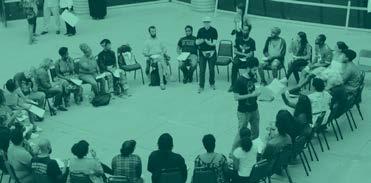
DJC engaged 300 people in Know Your Rights trainings, including 127 youth in our Youth Empowerment workshops, democratizing access to the law by educating people about topics such as their housing rights, their rights during traffic stops, abolition, and divesting from our carceral system and investing in our communities.
DJC has created more than 40 toolkits, knowledge products, and white papers. We have produced all of these with the goal of sharing knowledge and resources, on topics including: navigating interactions with police; how to launch a co-op or community land trust; influencing stakeholders who contribute to a cycle of fees and fines in traffic enforcement; and reports on police and prison spending.
Since 2021, DJC staff have co-taught a Movement Lawyering course at Wayne State University Law School, along with the Damon Keith Center for Civil Rights’ Professor Peter Hammer.


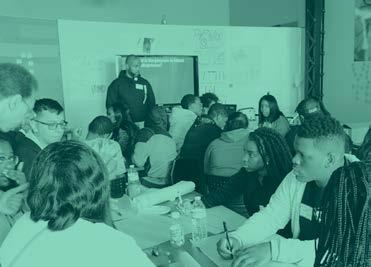
DJC has hosted dozens of movement lawyering interns through our national movement lawyering program during summers as well as with local institutions during the academic year.
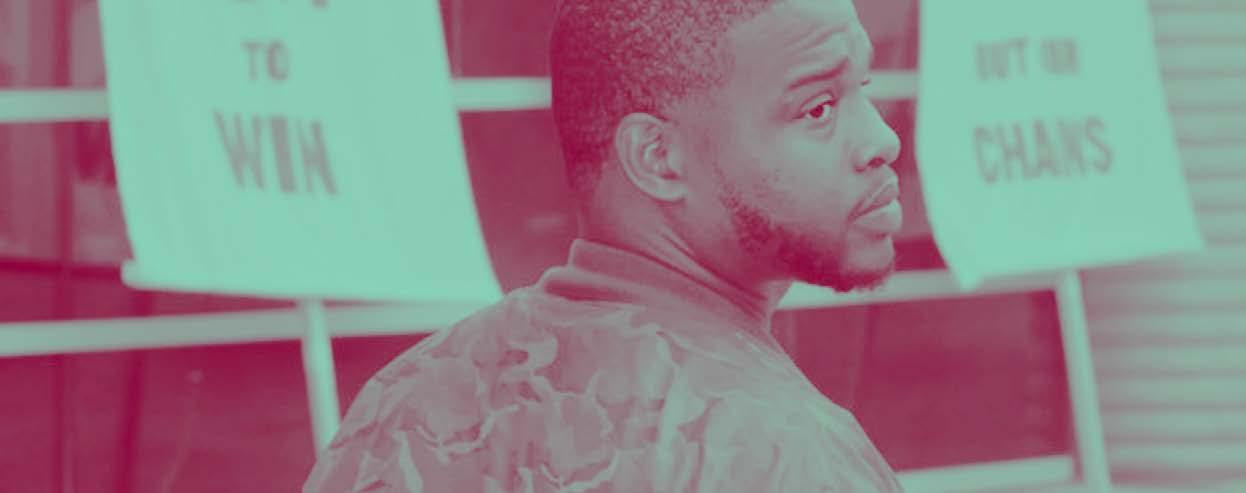
On the journey to building more just cities, we engage in narrative shifting work that invites the public to dream of a world without policing or incarceration. This includes launching an artist residency, where one Detroit artist is awarded $10,000 to present work with an abolitionist vision, and our podcast Freedom Dreams where we interview people who are doing the work of changing the world as we know it. We engage in this narrative shifting work as part of a practice of dreaming alongside others. This imagination work taps into the creativity of our communities and helps envision a new world where every life is valued equally.
DJC has launched two narrative shifting campaigns, including our Artist Residency program and our Freedom Dreams podcast. These campaigns are helping to amplify the work of people in Detroit and across the country who are promoting the alternatives to punitive justice that are sorely needed.
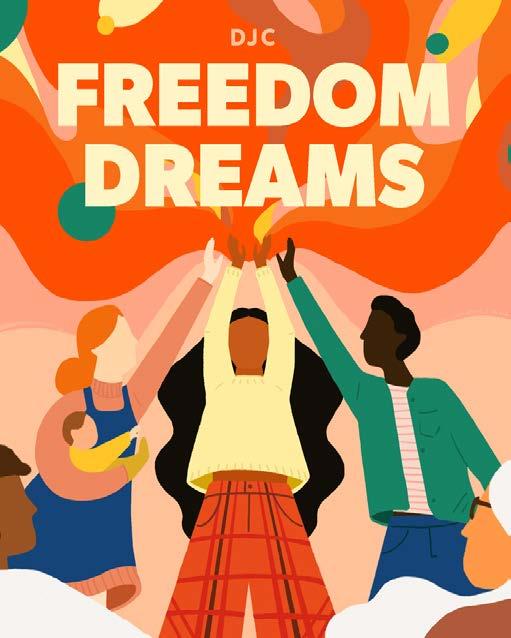
The first season of our Freedom Dreams podcast reached 5,000 listeners from more than 45 countries.
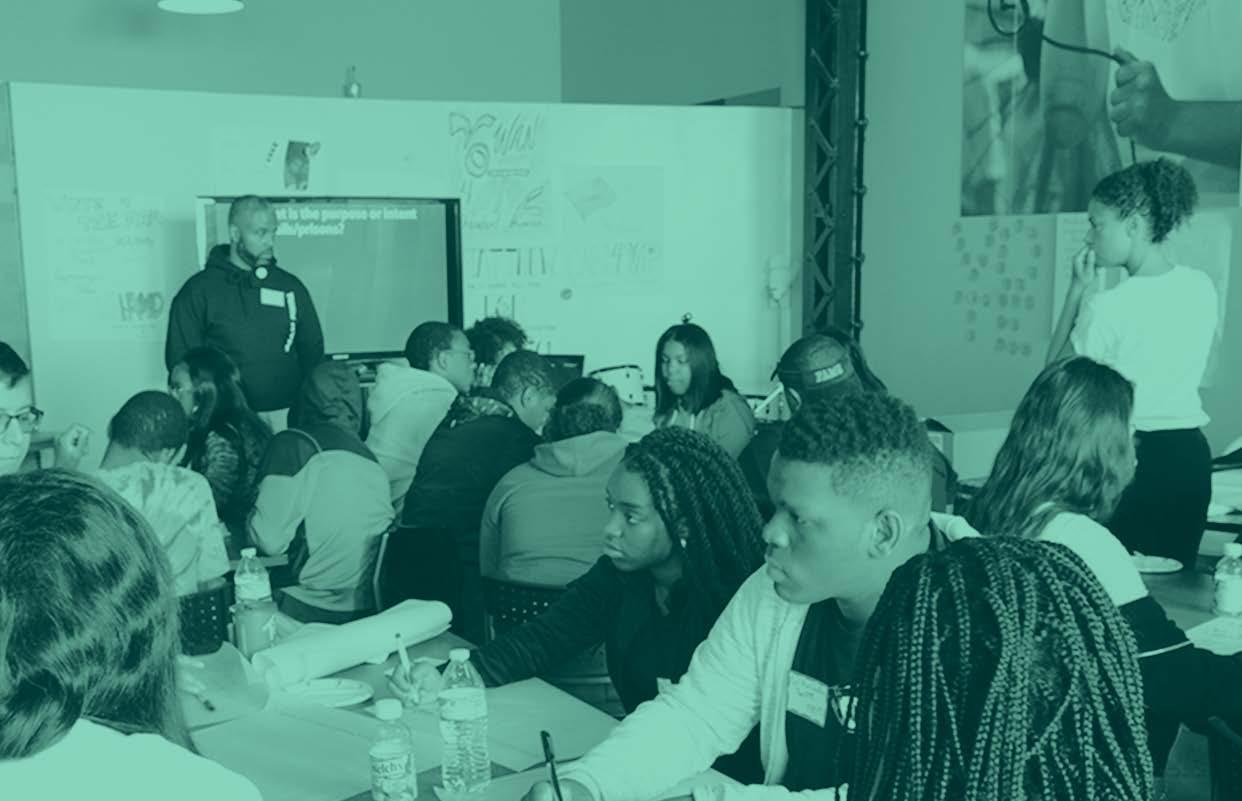


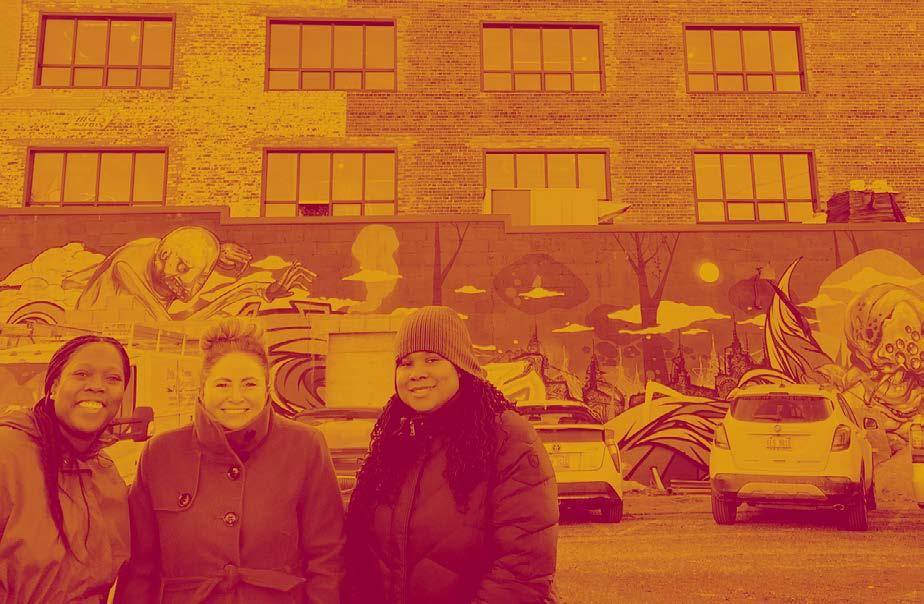
Our efforts to create a just community start in the workplace, ensuring that our team is able to maintain a healthy work-life balance. We are also committed to including a practice of Justice, Equity, Diversity, Inclusion, and Belonging (JEDI-B) in all areas of our work. This includes trainings, organizational policies, and inclusion in our hiring practices.
We have grown from a 2-person team on our first day in April 2018 to a team of more than 30 staff members.
Through our organizational strengthening survey, 95% of staff reported they would recommend working at DJC to a friend.
DJC has implemented organization-wide “recharge weeks” and hibernation. This allows our team to collectively take a respite, have extra time to handle personal responsibilities and obligations, and to intentionally rest and recharge so that we can continue to move from a centered place.
DJC transitioned to a four-day remote workweek, beginning in mid 2020, as a way to prioritize staff well-being and offer more flexibility during the uncertainty of the pandemic.
DJC staff were trained in restorative practices and circle keeping over a nine month period in 2021-2022.
Implementing restorative practices within the organization is an important step toward aligning internal practices with the world that we are fighting for externally.
In addition to a competitive base salary, DJC offers a generous benefits package including: 100% employer paid health benefits; retirement match; 11 paid holidays; 20 paid-time-off days, two centering days and five sick days; unlimited COVID sick days for staff or for staff to care for a family member; a flexible schedule; and a robust professional development fund for each staff member. We are excited to roll out a sabbatical policy for all staff in 2023.
Remedying the negative results of mass incarceration is challenging work, which includes the potential for burnout. DJC has expanded secondary/ vicarious trauma support for staff by adding telehealth benefits and sessions with healing practitioners.
DJC introduced and implemented an organizational Justice, Equity, Diversity, Inclusion & Belonging policy. DJC leadership is compiling a training calendar inclusive of transgender inclusive support, disability justice and anti-ableism, financial planning support, and more for our team.
One such example is the Uprooting White Supremacy Culture training conducted by the Anti-Oppression Resource and Training Alliance. The training and its ongoing efforts engaged DJC staff in disrupting white supremacy and other systems of oppression.

I’m super excited for my new role and promotion to Managing Policy Counsel at the Detroit Justice Center! It is truly a privilege to do such important work with such a passionate and powerful team. I’m looking forward to shaping new laws while shaping my community (and our [in]justice system) for the better. —Erin Keith, Managing Policy Counsel
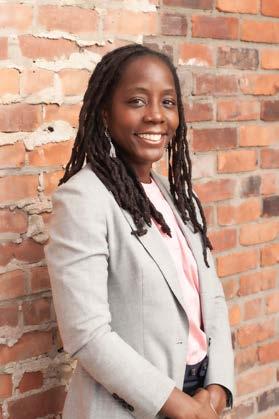
As a Legal Services & Advocacy Practice (LSAP) staff attorney, I love the fact that every day I’m working towards bringing about real change in our society, whether it’s representing individuals in traffic court or engaging in policy work to change systems. The work may be challenging but it’s always rewarding. It brings me great pride to work for an organization that truly cares about the mental health and well-being of its employees, and one that strives to promote a healthy work-life balance. As a working parent, I am especially grateful for DJC’s 4-day workweek, ample PTO days, and complete benefits package. —Nancy A. Parker, Managing Attorney, Movement Lawyering Group
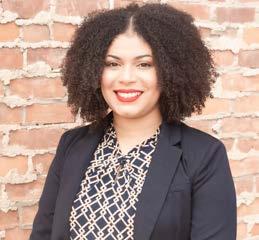










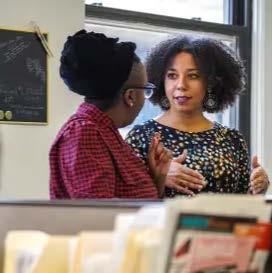
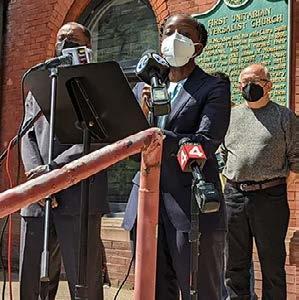
DJC relies on an amazing, broad community of supporters to sustain our work, including grassroots individual donors, organizations, and foundations. We see the sharing of financial resources as a critical investment in our mission. Our supporters also share their personal experiences, insights, community relationships, and creativity within DJC.
We strive to build strong donor relationships based on clear communication, trust, and a shared vision of justice for all people. We intentionally refrain from accepting gifts from individuals or institutions that advocate viewpoints or take actions that fundamentally contradict those values.
Thanks to our committed and broad base, we have quadrupled our budget since we first opened our doors in 2018! We are so grateful to everyone who has enabled us to deepen our capacity, remain nimble and responsive during the COVID-19 pandemic, and establish a solid foundation for future action that has the power to transform our cities and nation.
DJC is proud to have been supported by more than 18,000 individual donors and more than 800 foundations and organizations since 2018. If we were to list the names of each supporter, we would need to print an additional report. Instead, we’re extending our deepest gratitude to the wide community of donors giving at all levels, since every penny counts and–in the end–we are all partners in the larger movement for abolition.

8,540 people gave $1-$24
5,888 people gave $25-$99
2,810 people gave $100-$499
377 people gave $500-$999
179 people gave $1,000-$1,999
52 people gave $2,000-$4,999
17 people gave $5,000-$9,999
6 people gave $10,000-$49,000
3 people gave $50,000+
Sign up for our newsletter, like us on Facebook, and follow us on Instagram, Twitter, and LinkedIn to stay in touch. We provide regular updates on the impact we’re making, share opportunities to take action, and promise to never spam you or sell your contact information.
There are so many ways to get involved in this work. We value all contributions–whether they’re monetary or gifts of your time, partnership, or creativity–and urge you to join our fight in whatever way is meaningful and accessible to you. For additional ways to get involved, to learn more about any of these options, or to let us know that a gift is on the way, please contact Carly Priehs, Senior Development Associate, at 313-736-5957 (ext. 111) or email cpriehs@detroitjustice.org.

Do you run a small business, play in a band that sells merch, or sell prints on Etsy? Join the inspiring ranks of local businesses, bands, and artists–like Good Cakes & Bakes, Brewery Faisan, Sister Pie, Monger’s Provisions, The Social Club Grooming Co, Black Milk, and more–who donate a percentage of sales to sustain DJC.
We can also help you get started with an online fundraising page and email template to mobilize your personal network through a fundraiser. You can play an active role in bringing more people into our movement, helping us reach those we wouldn’t be able to reach otherwise.
Leave a Lasting legacy
We share the same vision for the future: A world where the caging of human beings is a distant memory and our communities have everything they need to take care of each other. You can make a forward-thinking investment in this future by remembering us in your estate plans. Visit our website for sample, non-binding bequest language.

Donate by scanning the QR code, online at www.detroitjustice.org/donate, mail a check to our PO Box (see back cover), or call Carly at 313-736-5957 (ext. 111) to donate using your credit card. Our office is open from 9:00am to 5:00pm EST from Monday through Thursday.

Become a Freedom Dream Sustainer

436 donors – from Dublin, Ireland to Detroit, Michigan – proudly make sustaining gifts to DJC on a weekly, monthly, or annual basis. Recurring grassroots gifts are the best way to make an impact because they provide us with the flexibility to respond to our community’s needs and the courage to go after our wildest freedom dreams. You can join the movement at bit.ly/SustainDJC.
“I joined the Freedom Dream Sustainers because, at this point in my life, I long to be a part of a movement that has real solutions to age-old abuse and neglect of Black and Brown communities. Being a Sustainer at the Detroit Justice Center allows me to support a mis sion equally concerned with tearing down inequitable, unjust systems and building up new systems that work for all people’s well-being and belonging.
—Douglas Manigault III




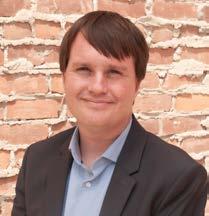


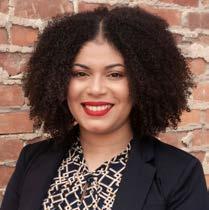
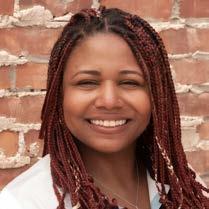
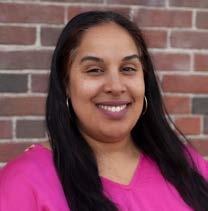
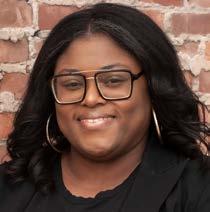

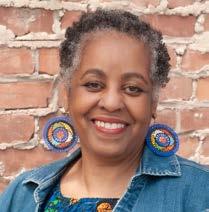

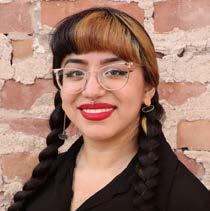




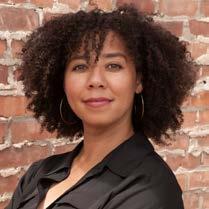

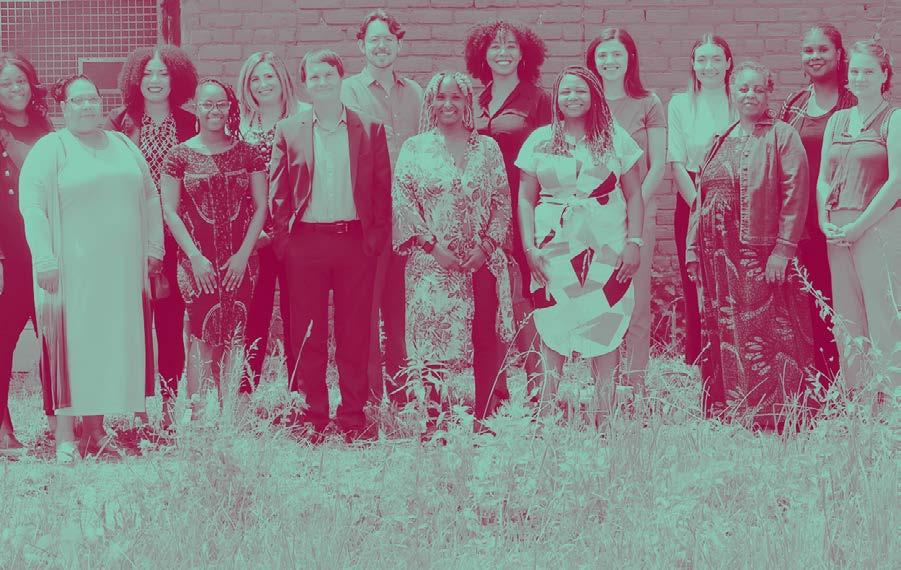

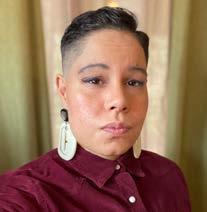

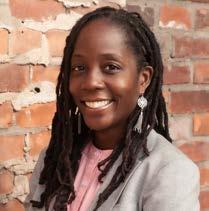





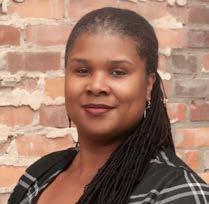
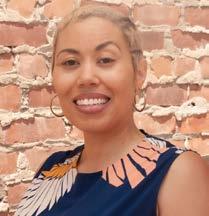
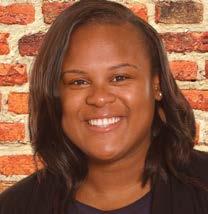
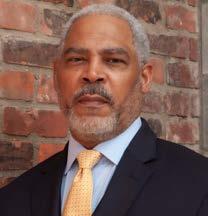



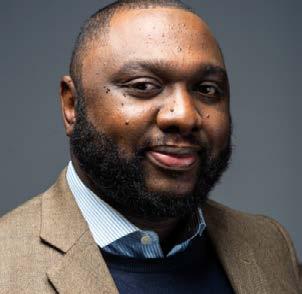

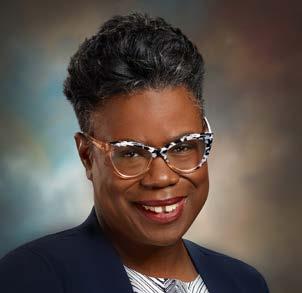

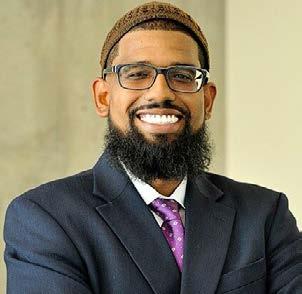
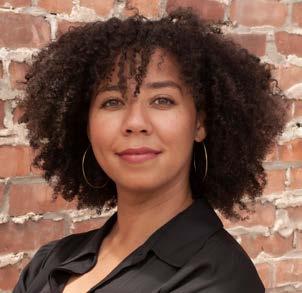

The following individuals have provided guidance and support in DJC’s initial stages, and will continue to lend their expertise and wisdom as the organization grows:
Shane Bernardo, Detroit Equity Action Lab / Uprooting Racism Planting Justice
Michael Carter, Federal Defender Office / ACLU Of Michigan Board
Gina Clayton-Johnson, Essie Justice Group
Mark Fancher, ACLU Of Michigan
James Forman, Jr., Yale Law School
Dorcas Gilmore, George Washington University Law School / Gilmore Khandar, Llc
Alana Greer, Community Justice Project
Peter Hammer, Damon J. Keith Center For Civil Rights, Wayne State University Law School
Thomas Harvey, The Advancement Project
Deborah LaBelle, Senior Soros Justice Fellow / Law Offices of Deborah A. LaBelle
Monica Lewis-Patrick, We the People of Detroit
Linda VanderWaal, Re-Entry Program, Oakland Livingston Human Services Agency
Tawana Petty, James and Grace Lee Boggs Center / Detroit Community Technology Project
Brandy Robinson, Michigan Indigent Defense Commission / Federal Defender Office
Marbre Stahly-Butts, Law for Black Lives
Dr. Heather Ann Thompson, Soros Justice Fellow / University of Michigan
Vince Warren, Center for Constitutional Rights

